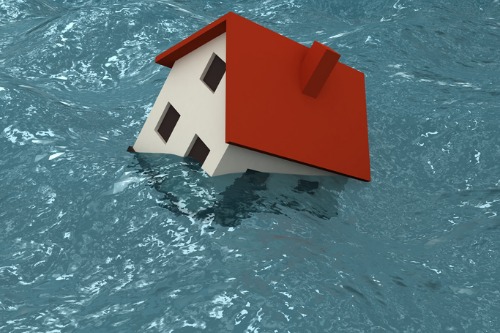

About a year after flooding devastated parts of the city of Grand Forks, BC, several affected residents have been shocked to learn that the buyout program will be based on their properties’ post-disaster values.
Last month, joint funding for “disaster mitigation and adaptation” was planned for the city. Ottawa was to contribute about $20 million, BC $29 million, and Grand Forks some $3 million. The money is meant to support the purchase of properties to restore the North Ruckle neighbourhood to a natural flood plain, as well as to fund the reinforcement of a river bank and construction of a retention pond. The buyouts are not based on property damage, but on whether a home is on the land needed for structural and flood mitigation work. Some 100 properties are impacted and offers for the buyouts will be made on a case-to-case basis.
According to Grand Forks Mayor Brian Taylor, the city had advocated for pre-flood buyouts, but the best it could manage from the funding was to buy based on post-flood values.
“It’s really difficult for me to rationalize why the federal and provincial governments have taken this decision when you know that there are some examples in Manitoba, I think, and Quebec where the post-flood value was not used and they used a pre-flood value,” the mayor said.
The decision has put some households in a tough spot.
CTV News reported that two properties in North Ruckle owned by a local couple had been valued at a combined $270,000, pre-disaster. But after the flood, the properties were appraised at $150,000.
“We all understood that was possible but with the optimism that was being thrown at us, that line ‘We’ve got your backs,’ it all sounded good,” commented Dave Soroka, who owns the properties with his wife.
The city estimated that the buyout initiative will make the homes of more than 800 residents safer during spring thaws, as well as reducing the number of residents who cannot receive essential services in the event of flooding by nearly half.
